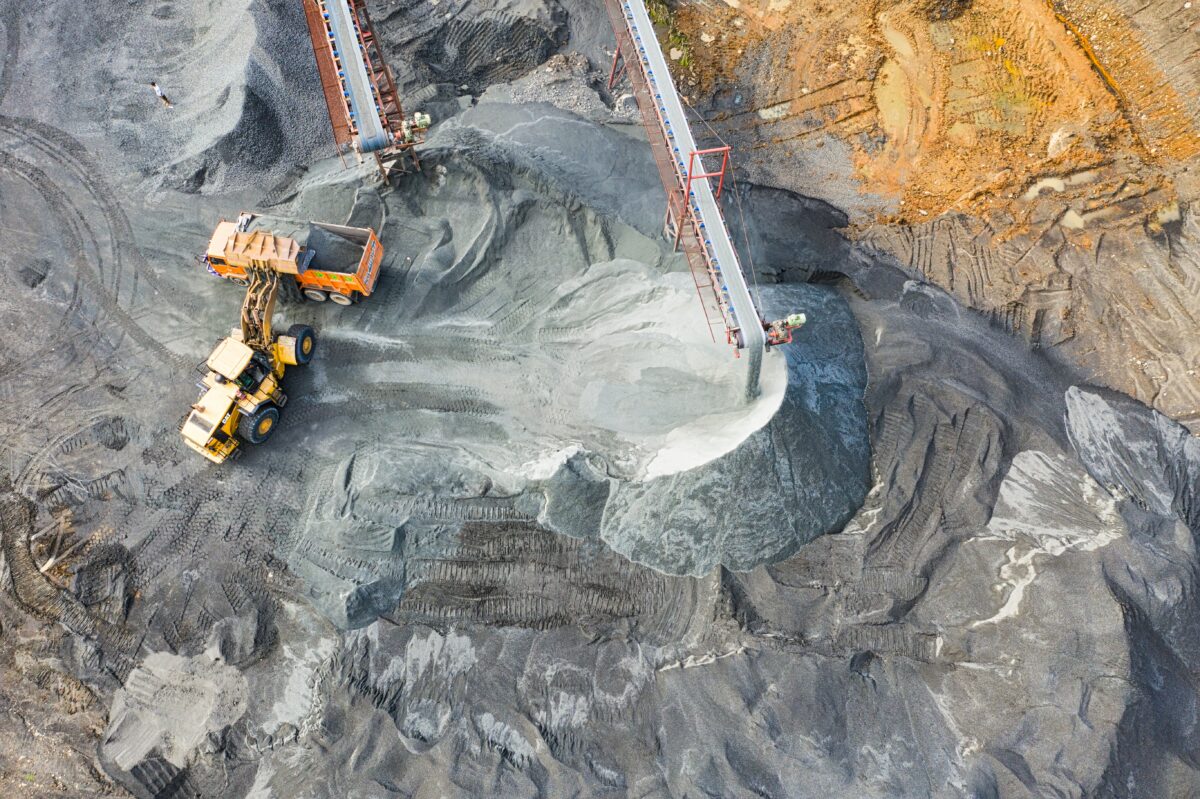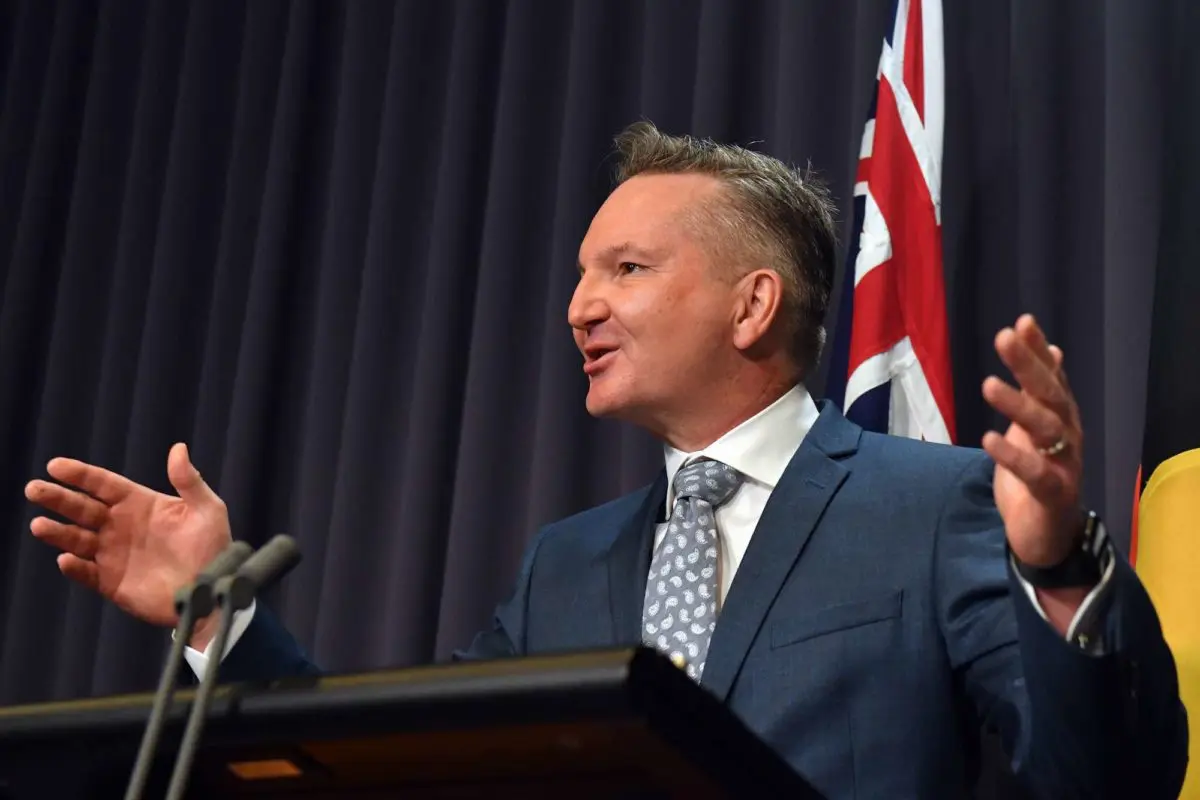The imminent commencement of the reformed Safeguard Mechanism marks a turning point in Australia’s efforts to fight climate change, according to the Carbon Market Institute.
The strengthened Safeguard requirements, passed by federal Parliament in late March, will apply to around 215 heavy polluting facilities across the mining, manufacturing, transport, oil, gas, and waste sectors from 1 July.
“Businesses covered by the strengthened scheme will be subject to important new requirements regarding the scale and speed of their decarbonisation efforts,” said Carbon Market Institute Acting Chief Executive Kurt Winter.
“While priority should always be investment in on-site decarbonisation, the carbon market will be a critical recourse for hard-to-abate industrial activities while abatement technologies are still commercialising,” he said.
The government, the Greens and key independent MPs should again be congratulated for working together to deliver the strengthened Safeguard framework, Winter added.
“This carbon pricing driver for the industrial sector is a crucial step forward, however efforts must also be made to address emissions in other sectors of the economy to ensure Australia makes a fair contribution to global climate efforts,” he said.
“As Australia looks to ratchet its ambition towards a strong 2035 NDC target that will support the global effort to limit temperature rise to no more than 1.5 degrees, the scale of Australia’s climate policy suite will also need to increase,” he added.
The Carbon Market Institute is advocating for a 2035 target of a more than 70% reduction in Australia’s emissions below 2005 levels, he said.
“Focus must also be given to the integrity of corporate approaches to net zero and nature positive outcomes. Ensuring Australia’s regulatory frameworks align with international best practice will enable Australian businesses to remain globally competitive in a carbon-constrained economy,” he said.
The VCMI Claims Code of Practice, which provides a blueprint for the high integrity use of quality carbon credits by corporates making net zero aligned voluntary claims, was published on Wednesday.
Winter added that the Government’s recently released implementation plan, issued in response to the recommendations of the Chubb review of the ACCU scheme, needs to be acted on swiftly to boost scheme transparency and ensure continued investor and community confidence.
About the Carbon Market Institute
The Carbon Market Institute (CMI) is a member-based institute accelerating the transition towards a negative emissions, nature positive world. It champions best practice in carbon markets and climate policy, and its over 150 members include primary producers, carbon project developers, Indigenous organisations, legal, technology and advisory services, insurers, banks, investors, corporate entities and emission intensive industries. The positions put forward constitute CMI’s independent view and do not purport to represent any CMI individual, member company, or industry sector.
For further information, contact Kurt Winter, Director Corporate Transition, Acting CMI Chief Executive
+61 424 320 909
kurt.winter@carbonmarketinstitute.org



